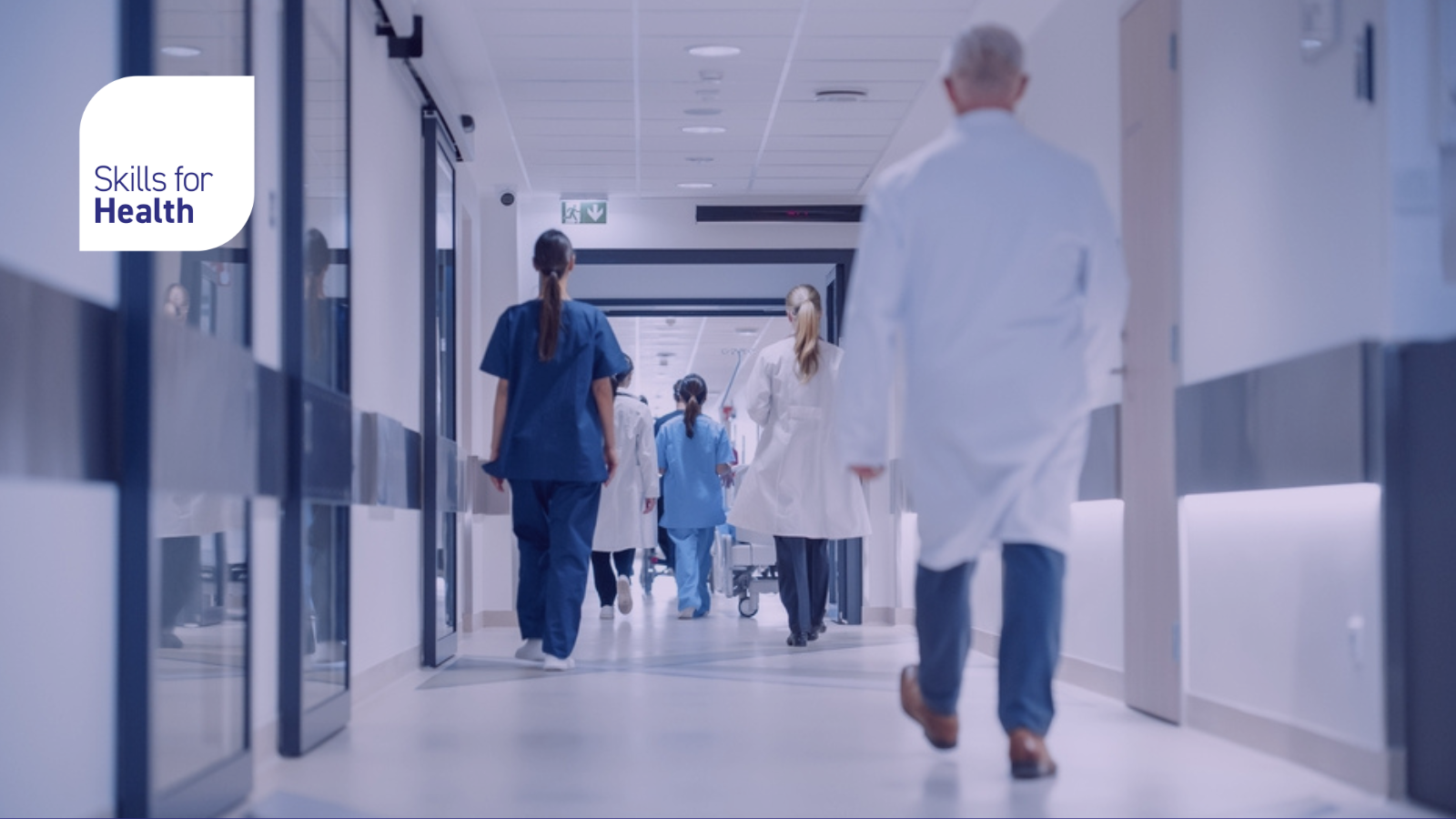
| 11 September 2025
A new survey of more than 2,000 UK adults has revealed that the public places strong trust in emergency services but expects more from organisations when it comes to resilience in the face of future crises. For healthcare leaders, this is both a warning sign and a call to action.
The poll, conducted by The Workforce Development Trust (parent company of Skills for Health) following the launch of the government’s Resilience Action Plan, found that around 70% of people are willing to make small changes in their daily lives to strengthen national preparedness. Yet fewer than one in five believe their workplace is ready for a national emergency, and only 16% say they have received clear instructions on what to do in a crisis (such as a cyberattack, flood, or power outage).
In healthcare, where disruption can affect patient safety, this disconnect cannot be ignored.
Why resilience matters most in healthcare
During Covid-19, the NHS became a trusted anchor in a time of national uncertainty. But with new threats on the horizon, from cyberattacks and supply chain shocks to extreme weather events, the sector cannot rely on goodwill alone.
Public perceptions reinforce this point. The poll found that emergency services and banking/payment systems are seen as the most resilient parts of UK infrastructure, setting a benchmark for how vital services should perform under pressure. For healthcare, the challenge is to demonstrate that it can meet the standard, keeping patients safe and services running even in times of disruption.
Jon Czul, Managing Director for Consultancy & Research at Skills for Health, says recent shocks both at home and abroad are an ‘object lesson’ in why healthcare organisations, like all workplaces, need to take resilience more seriously.
“We live in an increasingly interconnected and uncertain world, where seemingly isolated events can have an impact far beyond and for much longer than initially anticipated.
“Few would’ve predicted a global pandemic bringing everything to a standstill, the power cuts in Spain and Portugal or even the cyber-attacks on major UK companies.
“Building resilience to known and unknown threats relies upon eradicating single points of failure in the systems and environments in which we operate and ensuring that staff feel empowered to adapt and respond when disruption occurs.”
A call to lead
The data paints a picture of workplaces across the UK where resilience is not yet embedded. While 44% of people say they feel confident in their ability to adapt to disruption at home or at work, the majority remain uncertain. For healthcare, the stakes are far higher. Leaders should be asking:
- Are our staff equipped and supported to continue delivering safe care during adverse events such as power outages, extreme weather, or supply shortages?
- Have we identified single points of failure in our workforce and systems that could jeopardise service continuity?
- Is our workforce plan dynamic and flexible enough to adapt quickly as circumstances change?
Having an emergency preparedness, resilience and response (EPRR) plan is only the start. Testing it through scenario is what turns planning into practice. By working with local resilience forums and partners across sectors, healthcare organisations can ensure their plans are joined up, expose weaknesses before they become failures, and build real confidence that services will continue and patients remain safe during disruption.
Take the next step by exploring our Scenario-Informed Resilience Assessment to understand how prepared your organisation is.
Find out more